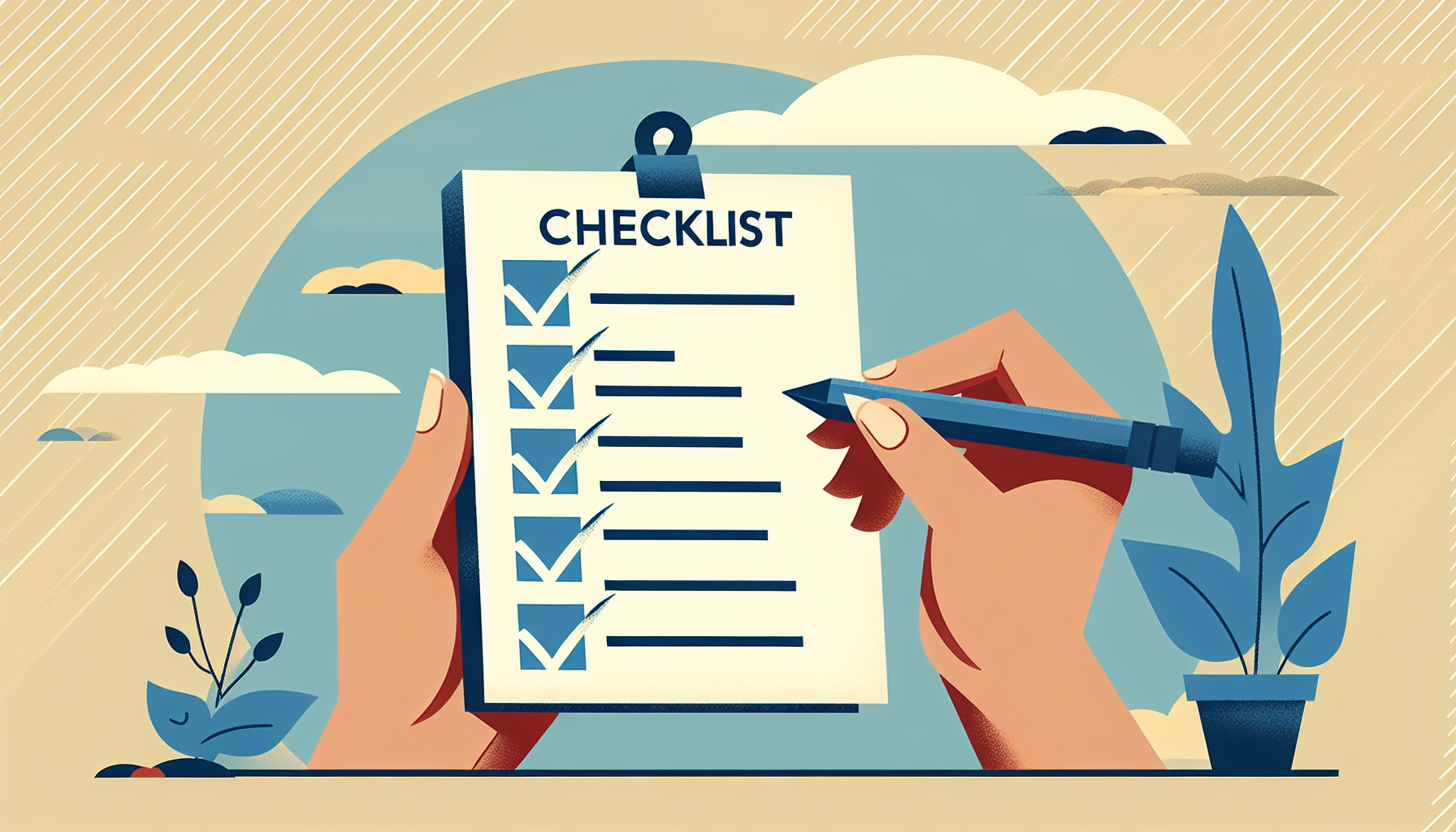Urban Farming and Dairy: How NYC is Redefining Local Production

Rooftop farms are at the forefront of NYC's urban agriculture revolution. These green spaces are ingeniously designed to utilize the limited square footage available in a bustling city, allowing for the production of fresh dairy products on-site. One notable example is Brooklyn Grange, which has successfully integrated small-scale dairy operations within its rooftop gardens. At Brooklyn Grange, goats and sheep are not just livestock; they are part of a sustainable ecosystem. Goats, in particular, are advantageous as they require less space and can consume food waste, contributing to a circular economy. The milk harvested from these animals is transformed into artisanal cheeses sold at local farmers' markets, embodying the farm-to-table ethos that resonates with many New Yorkers. This innovative model not only provides fresh dairy but also educates consumers about the importance of local food production.
Vertical Dairies: Innovating Traditional Practices
In addition to rooftop farming, the rise of vertical dairies is revolutionizing traditional dairy practices. Companies like Gotham Greens are pioneering the use of hydroponic methods to cultivate feed for dairy cattle on-site. This approach significantly reduces the carbon footprint associated with feed transportation while maximizing space efficiency in urban settings. By controlling the entire production process—from feed cultivation to milk processing—vertical dairies ensure the highest standards of animal welfare and product quality. Furthermore, these farming techniques yield greater outputs while minimizing reliance on chemical fertilizers, addressing the growing consumer demand for organic and sustainably produced dairy. This innovative shift not only meets local needs but also sets new standards for dairy production in urban environments.
Challenges of Urban Dairy Production
Despite the progress being made, urban dairy producers in NYC face distinct challenges that can hinder their growth. The constraints of space in a densely populated city limit the number of animals that can be raised, complicating efforts to scale operations. Additionally, navigating local regulations concerning animal husbandry and food safety can be daunting for entrepreneurs entering this market. The financial aspect of urban farming cannot be overlooked; the initial investment and ongoing costs associated with setting up and maintaining urban farms often exceed those of traditional rural dairy farms. Urban producers must manage an array of logistical hurdles, such as waste management, water access, and zoning laws. Nevertheless, the determination and dedication of these urban farmers often drive them to overcome these obstacles, recognizing the vital importance of delivering fresh, locally produced dairy to their communities.
Benefits to the Community and Environment
The advantages of urban dairy production extend far beyond the provision of fresh milk and cheese; they cultivate a sense of community and promote environmental consciousness. Urban dairy producers actively engage with local residents through educational programs, farm tours, and community-supported agriculture (CSA) initiatives, raising awareness about sustainable practices and the significance of local food systems. Moreover, urban dairies play a crucial role in reducing food miles, which is essential in the fight against climate change. By producing dairy products within the city, they decrease the environmental impact associated with long-distance transportation. This not only helps the planet but also strengthens local economies by keeping financial resources within the community.
As New York City continues to adapt and innovate, its approach to dairy production is evolving in exciting ways. The emergence of urban farming initiatives, including rooftop farms and vertical dairies, highlights the city's commitment to sustainability, innovation, and community engagement. While challenges persist, the potential for growth and positive impact is substantial. By redefining local dairy production, NYC is not only nourishing its residents but also setting a benchmark for other urban centers around the globe. The future of dairy in urban environments is bright, and as these practices gain momentum, they will play an increasingly vital role in the global conversation surrounding sustainable food systems.
Urban Agricultural Manager
Core Responsibilities
Oversee daily operations of urban farms, including crop and livestock management.
Develop and implement sustainable farming practices to enhance productivity and minimize environmental impact.
Coordinate community engagement programs and educational initiatives.
Required Skills
Strong knowledge of sustainable agriculture techniques, particularly in urban settings.
Experience in project management and community outreach.
Ability to navigate local regulations related to urban farming.
Common Employers
Urban farms like Brooklyn Grange
community-supported agriculture (CSA) organizations
agricultural nonprofits
Hydroponics Technician
Core Responsibilities
Maintain and optimize hydroponic systems for growing feed for dairy cattle and other livestock.
Monitor plant health, nutrient levels, and system efficiency to ensure maximum yield.
Collaborate with farm management to integrate hydroponically grown feed into overall dairy operations.
Required Skills
Hands-on experience with hydroponic systems and nutrient management.
Knowledge of plant biology and environmental controls.
Problem-solving skills to troubleshoot system malfunctions.
Common Employers
Companies like Gotham Greens
vertical farms
research institutions focusing on innovative agricultural technologies
Dairy Product Development Specialist
Core Responsibilities
Create new dairy products, including cheeses and yogurts, using locally sourced ingredients.
Conduct market research to identify consumer trends and preferences in dairy products.
Collaborate with marketing teams to launch new products and promote sustainable practices.
Required Skills
Background in food science or dairy technology, with experience in product formulation.
Creativity and innovation in developing unique product offerings.
Familiarity with food safety regulations governing dairy production.
Common Employers
Artisanal cheese makers
local dairies
food startups focused on sustainable dairy products
Community Outreach Coordinator for Urban Farming
Core Responsibilities
Develop and implement community engagement programs to educate the public about urban farming and sustainable dairy practices.
Organize workshops, farm tours, and volunteer days to foster community involvement.
Build partnerships with local schools, organizations, and businesses to promote urban agriculture.
Required Skills
Excellent communication and interpersonal skills to connect with diverse community groups.
Experience in event planning and program development.
Passion for sustainability and local food systems.
Common Employers
Nonprofits
urban farms
community agricultural organizations
Livestock Welfare Officer
Core Responsibilities
Monitor the health and welfare of livestock in urban dairy operations, ensuring compliance with animal welfare standards.
Develop and implement best practices for animal care, including feeding, housing, and medical attention.
Conduct regular inspections and maintain records to ensure adherence to local regulations.
Required Skills
Degree in animal science, veterinary studies, or a related field with practical experience in livestock management.
Strong observational skills and attention to detail regarding animal behavior and health.
Knowledge of urban agriculture practices and challenges.
Common Employers
Urban dairies
agricultural research institutions
animal welfare organizations


